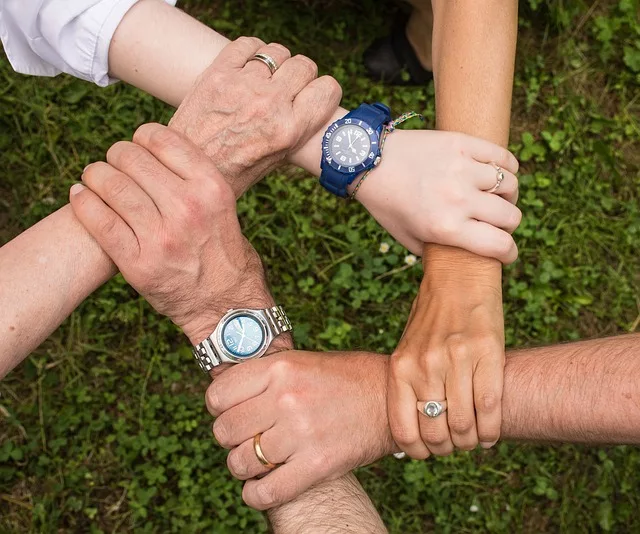Meth addiction is a challenging and complex issue that can devastate individuals and their loved ones. If someone you care about is struggling with meth addiction, it’s important to understand how you can support them in their recovery journey. By providing the right emotional support, setting boundaries, and exploring treatment options together, you can help your loved one overcome addiction and rebuild their life.
 Medical Team
Medical Team

 Medical Team
Medical Team
Understanding Meth Addiction
Before you can effectively help your loved one, it’s crucial to have a clear understanding of meth addiction. Methamphetamine, commonly known as meth, is a highly addictive and powerful stimulant drug that affects the central nervous system. The drug increases dopamine levels in the brain, producing intense euphoria and energy. However, repeated use of meth can quickly lead to dependence and addiction. The science behind meth addiction reveals that prolonged use can cause severe damage to the brain, impacting memory, emotions, and decision-making abilities. When meth enters the body, it is rapidly absorbed into the bloodstream and travels to the brain. Once in the brain, meth stimulates the release of dopamine, a neurotransmitter associated with pleasure and reward. This flood of dopamine creates a sense of intense pleasure, which reinforces the desire to use meth again. Over time, the brain becomes less responsive to the effects of meth, leading to tolerance. This means that higher doses of the drug are needed to achieve the same level of euphoria. As tolerance develops, the individual may increase their meth use, putting themselves at a higher risk of addiction. Meth addiction is characterized by compulsive drug-seeking behavior and an inability to control or stop meth use. The drug hijacks the brain’s reward system, making it extremely difficult for individuals to quit on their own. The intense cravings and withdrawal symptoms experienced when trying to quit can be overwhelming, leading to continued meth use. In addition to the immediate effects of meth, prolonged use can have devastating consequences on physical and mental health. Meth can cause severe dental problems, often referred to as “meth mouth,” due to the drug’s corrosive effects on tooth enamel. It can also lead to skin sores, weight loss, and malnutrition. Psychologically, meth addiction can result in paranoia, hallucinations, and aggressive behavior. The drug can induce psychosis, a state where individuals lose touch with reality and experience delusions and disorganized thinking. These mental health effects can persist even after quitting meth, making it crucial to address both addiction’s physical and psychological aspects. Recognizing the signs and symptoms of meth addiction is an essential first step. Common indicators include increased energy and alertness, loss of appetite, rapid weight loss, aggression, paranoia, and mood swings. It’s important to approach someone struggling with meth addiction with empathy and understanding, as they are facing a complex and challenging battle.





